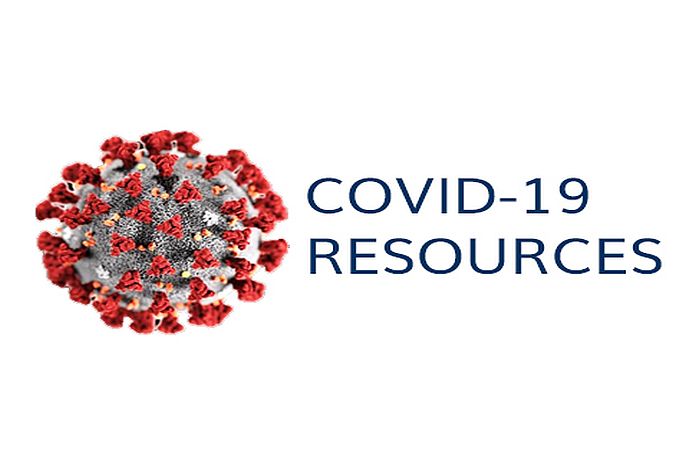ATLANTA, USA, (CDC) – Many respiratory virus illnesses peak during the winter due to environmental conditions and human behaviours. COVID-19 has peaks in the winter and also at other times of the year, including the summer. This is driven in part by new variants and decreasing immunity from previous infections and vaccinations.
CDC’s respiratory virus guidance has steps you can take to protect yourself and others from COVID-19 this summer.
Updated COVID-19 vaccines for the 2024-2025 season have not yet been approved or authorized. Until then, if you have never been vaccinated, or feel you need additional protection and are eligible for another dose, you might consider getting the currently available 2023-2024 COVID vaccine. This decision should be made in consultation with your healthcare provider and you should consider that receiving the currently available COVID-19 vaccine could delay your eligibility to immediately get the updated vaccine this fall.
Those who might benefit from additional doses of vaccine this summer include:
- People 65 years of age and older;
- Those who are moderately or severely; immunocompromised or have underlying medical conditions;
- People living in long-term care facilities;
- People of any age who have not received any doses of COVID-19 vaccine;
- Pregnant individuals, especially those in late pregnancy.
COVID-19 treatment helps prevent hospitalization and death
Testing for COVID-19 can help you decide what to do next, like getting treatment to reduce your risk of severe illness and taking steps to lower your chances of spreading the virus to others.
If you have COVID-19 and are more likely to get very sick, treatments are available that can reduce your risk of hospitalization and death. The benefits of COVID-19 treatment outweigh the risk of rebound if you are at high risk for severe COVID-19.
Don’t delay: treatments must be started within 5-7 days after you first develop symptoms. Patient assistance programs are available to people who are underinsured, uninsured, or on Medicaid or Medicare to lower their out-of-pocket costs.
People at higher risk for severe COVID-19 include:
- Older adults, especially those ages 65 years or older
- People who are not vaccinated or are not up to date on their COVID-19 vaccinations
- People with certain medical conditions, such as chronic lung disease, heart disease, or a weakened immune system.





